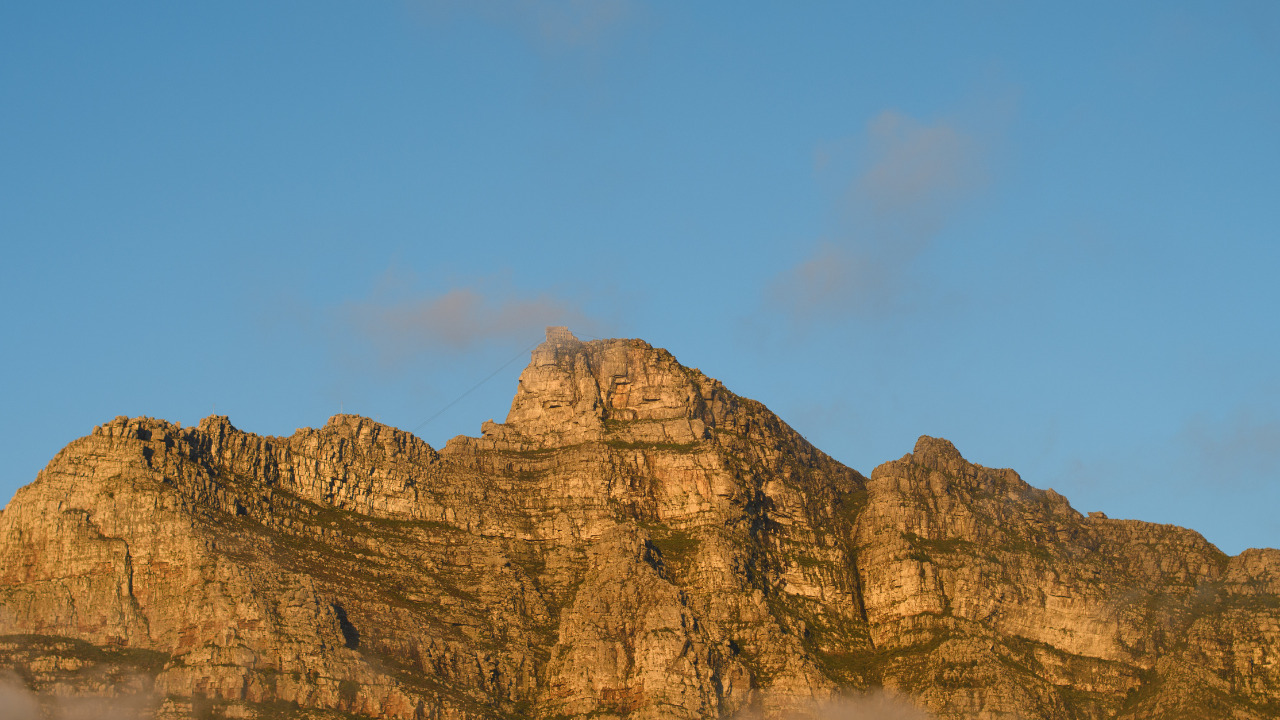Americas: Government declares overnight curfews to tackle growing gang violence in Honduras
Sectors: all
Key Risks: gang-related violence; organised crime; violent crime
In Honduras, on 25 June President Xiomara Castro’s government declared an overnight curfew in the cities of Choloma and San Pedro Sula, Cortes department, after at least 24 people were killed in separate incidents on 24 June. 13 people were killed and one was seriously injured in a shooting attack by heavily armed assailants in a billiards hall in Choloma and 11 others were killed in separate incidents in San Pedro Sula and across the Valle de Sula zone. The violence came after 46 women were killed on 20 June in an allegedly planned prison riot in Tamara, Francisco Morazan department. A state of emergency – first declared on 7 December 2022 – is effective in 123 of the country’s 298 local districts but has so far failed to quell rising gang-related violence. An intensification of security measures should be expected, with further violence likely.
Asia Pacific: Vietnamese authorities continue to crack down on suspects of Dak Lak attacks
Sectors: all
Key Risks: political violence; terrorism; internal security
In Vietnam, on 23 June authorities announced that they would prosecute 84 suspects accused of being involved in the 11 June attacks on local government offices in the Ea Tieu and Ea K’Tur communes, Cu Kuin district, Dak Lak province, Central Highlands region. Four police officers, three civilians and two commune officials were killed in the rare attacks. The Public Security Ministry has been tight lipped over the motivation behind the incidents but has stated that “organisations and individuals from overseas” had been involved, adding that several of the suspects were members of “a US-based organisation”. The Montagnards – a collection of discontented indigenous groups who were historically aligned with the US – have denied any involvement and condemned the attacks. In light of continued security force operations, security presence in the region is expected to remain elevated. Further violence is unlikely.
Eurasia: Russia’s Prigozhin agrees to end armed mutiny; Wagner Group’s fate remains uncertain
Sectors: all
Key risks: political instability; war on land; internal conflict
In Russia, on 24 June Yevgeny Prigozhin, head of the Russian mercenary Wagner Group, agreed to end an armed mutiny in a deal reportedly brokered by Belarusian President Alexander Lukashenko. The deal came after Wagner forces seized the cities of Rostov-on-Don, Rostov Oblast and Voronezh, Voronezh Oblast and marched towards Moscow allegedly to oust the military leadership. Wagner forces reportedly killed at least 13 Russian troops and destroyed five helicopters. President Vladimir Putin initially accused Prigozhin of treason but charges against him were dropped under the deal. The mutiny exposed weaknesses within Putin’s regime and within the security forces which were unable to prevent Wagner’s swift advances. What will happen to Wagner forces and Prigozhin remains uncertain with Russian state media reporting on 26 June that charges against Prigozhin had in fact not been dropped.
Europe: Bulgaria’s fragile coalition government at risk of collapse
Sectors: all
Key Risks: political instability
In Bulgaria, on 22 June Kiril Petkov, co-leader of the We Continue the Change (PP)/Democratic Bulgaria political formation, accused the GERB/United Democratic Forces formation of endangering their fragile coalition government. Petkov demanded formal guarantees from GERB to ensure the sustainable work of the government, while GERB stated that it wanted a formal coalition agreement. The spat came after GERB joined forces with two other parties to adopt changes to an anti-corruption law that were not backed by PP. The two political alliances agreed on a joint government on 23 May in an attempt to end a two-year-long political deadlock, but did not sign a coalition agreement. The new government remains fragile and the latest spat between the political alliances risks triggering the coalition’s collapse. Political instability will persist.
MENA: Settler violence in the West Bank undermining Israeli security narrative
Sectors: all
Key Risks: political violence; political stability; civil unrest
In Israel, on 25 June the Israeli Defense Forces (IDF) Chief of Staff, the Police Commissioner and the Head of Shin Bet issued a joint statement condemning the recent settler attacks on Palestinian villages in the West Bank as “nationalist terrorism”. The same weekend, former UN Secretary General Ban Ki-Moon stated that Israeli actions “may constitute apartheid”. These statements marked a turning point in both the Israeli security forces’ and international communities’ attitudes towards settler violence. Attacks have significantly increased following the investiture of the right-wing nationalist government led by Prime Minister Benjamin Netanyahu in January 2023. Security officials have stated their readiness to conduct administrative detentions – arrests without charges – on settlers, a tactic previously only used against Palestinians. Whether the security forces’ statements will translate into security operations on the ground remains to be seen. Further settler violence remains likely.
Sub-Saharan Africa: Police clamp down on opposition as Sierra Leone awaits election results
Sectors: all
Key Risks: political stability; civil unrest
In Sierra Leone, on 25 June at least one person was killed by the police after hundreds of supporters of the All People’s Congress (APC) opposition party were dispersed by security forces with tear gas outside of the party’s headquarters in Freetown. The incident came as vote counting for the 24 June general election was underway. Police stated that APC supporters were demonstrating near the party headquarters claiming that they had won the election. APC officials refuted this claim and stated that police officers had surrounded the party headquarters before firing tear gas canisters and live ammunition at the building and into the crowd. The vote has largely become a two-horse race between President Julius Maada Bio of the ruling Sierra Leone People’s Party, and leader of the main opposition APC party Samura Kamara. The results – which are likely to be close – are expected to be released late on 26 June.

